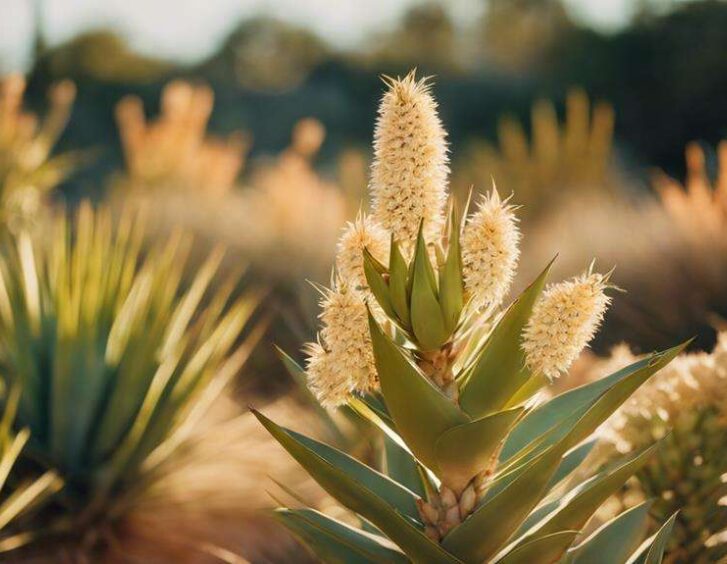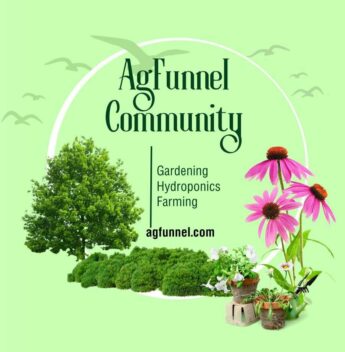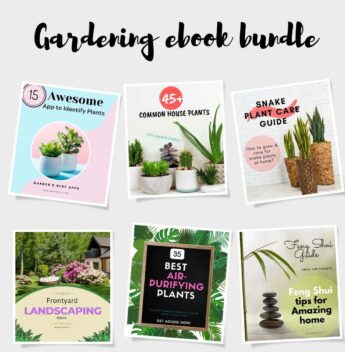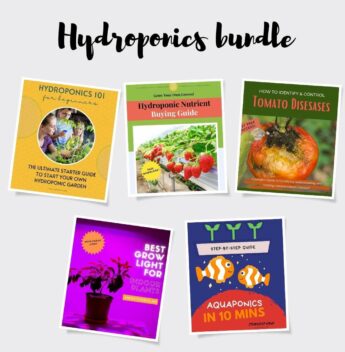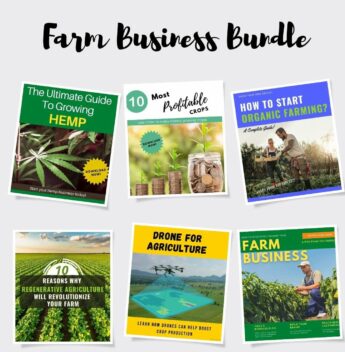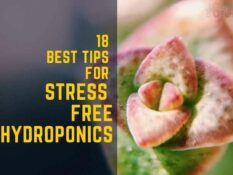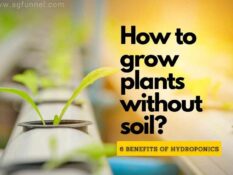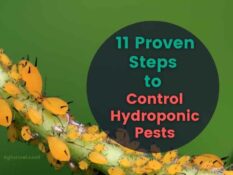Did you know that there are over 40 different yucca species out there, each with its own unique traits and growth patterns?
From yuccas that thrive in the desert like the Mojave and Navajo varieties to those found in the southeast like Adams Needle and Spanish Dagger, there's a perfect yucca for every climate and garden type.
Whether you're looking for a small yucca for a compact space or a low-maintenance option for busy gardeners, yuccas have a lot to offer.
As you dive deeper into the world of yuccas, you'll find the perfect variety to add a touch of desert beauty to your outdoor area.
Key Takeaways
• Consider your region's climate and choose yucca varieties adapted to your local conditions for optimal growth and low maintenance.
• Select yuccas with cold hardiness and soil tolerance suitable for your garden's specific needs and conditions.
• Compact yucca species like Dwarf Yucca and Soft Leaf Yucca are ideal for small spaces, indoor containers, and vertical gardening.
• Yuccas thrive in well-drained soil and full sun, but some varieties can tolerate clay soil, rocky soil, or humid environments.
• Research specific yucca varieties that fit your desired level of maintenance, from low-maintenance to more demanding species.
General Information on Yucca
Comprising 40-50 species, the Yucca genus boasts a diverse range of plants, from the towering Joshua trees to compact dwarf yuccas, all united under the agave subfamily.
As you explore the world of yuccas, you'll discover that most species thrive in arid desert climates. To guarantee your yucca flourishes, provide it with well-drained soil and plenty of sunlight. Yucca care is relatively low-maintenance, but propagation requires careful attention to detail.
When it comes to landscaping and design, yuccas offer endless possibilities, from xeriscapes to rock gardens. With proper care and design, your yucca can become a stunning addition to your outdoor space.
Characteristics of Yucca Varieties
As you explore the diverse world of yuccas, you'll notice that each variety has adapted to dry environments in unique ways, showcasing a rich array of spiky specimens that thrive in arid conditions.
You'll discover that yuccas have developed remarkable characteristics to survive in harsh climates. Their flowering habits, for instance, have evolved to attract specific pollinators, like the yucca moth, which guarantees their reproduction.
The leaf characteristics of yuccas are equally fascinating, with some species sporting sharp spines that protect them from predators. Others have adapted to conserve water by developing thick, waxy coatings or storing water in their leaves.
As you investigate further, you'll uncover the incredible diversity of yucca varieties, each with its unique features and adaptations that have enabled them to flourish in some of the harshest environments on Earth.
Desert Dwelling Yucca Varieties
Delving into the desert dwellers, you'll find yucca varieties that have evolved to thrive in the harsh, arid environments of the Mojave and Sonoran Deserts. These yuccas have adapted to survive in extreme temperatures, intense sunlight, and limited water supply.
The Mojave Yucca (Y. schidigera) and Navajo Yucca (Y. baileyi) are perfect examples of desert dwellers. They require full sun to partial shade and well-drained soil to flourish. The yucca fruit, a staple of these plants, relies on pollination by specific moths for reproduction.
When cultivating in arid regions, make sure your yucca receives adequate sunlight and has efficient drainage to mimic its natural habitat. By doing so, you'll be rewarded with a thriving, low-maintenance yucca that adds a touch of desert charm to your landscape.
Southeastern United States Natives
In the Southeastern United States, you'll discover yucca varieties that have adapted to thrive in the region's humid subtropical climate, such as the Adams Needle (Y. filamentosa) and Spanish Dagger (Y. gloriosa). These native beauties showcase the region's unique Southern charm, making them a great fit for your garden.
The Adams Needle has blue-green dagger-like leaves, while the Spanish Dagger features spiky clumps, both making stunning additions to any landscape. They're low-maintenance and can thrive in a variety of conditions, perfect for beginners or seasoned gardeners alike.
Cold Hardiness and Soil Tolerance
You'll want to choose yucca varieties that fit your local climate, considering factors like cold hardiness and soil tolerance to make sure your plants thrive.
If you live in an area with harsh winters, look for yuccas with high frost tolerance, like the Mojave Yucca or Beaked Yucca. These varieties can handle freezing temperatures and still come back strong in the spring.
When it comes to soil, some yuccas prefer well-draining sandy loam, while others can tolerate clay soil. The Banana Yucca, for example, does well in rocky, well-drained soil, while the Weak Leaf Yucca can handle saturated soils.
Ornamental and Unique Features
As you explore the world of yucca varieties, you'll be struck by their ornamental and unique features, from the Banana Yucca's showy white flowers to the Adams Needle's striking blue-green foliage.
These plants have evolved unique adaptations to thrive in dry environments, resulting in striking appearances that'll add a touch of drama to your garden.
Exotic blooms, like the Soapweed Yucca's white or greenish flowers, will attract pollinators and add color to your landscape.
Distinctive foliage, such as the Spanish Bayonet's sword-shaped leaves, will add an exotic touch.
With their unique features, yucca varieties will bring a touch of desert charm to your outdoor space.
Yucca Varieties for Small Spaces
When selecting yucca varieties for small spaces, consider compact species like the Dwarf Yucca or Soft Leaf Yucca that require minimal maintenance and can thrive in tight spaces. These varieties are perfect for container gardening or indoor options, allowing you to bring a touch of the desert to your home.
For a unique display, try vertical gardening by placing them in hanging baskets. This will add a beautiful, exotic touch to your small space. With their low-maintenance requirements, you can enjoy the beauty of yuccas without worrying about taking up too much space.
Whether you're a beginner or an experienced gardener, these compact yucca varieties are an excellent choice for small spaces.
Coastal and Humid Climate Options
For coastal and humid climates, look to yucca varieties like the Spanish Bayonet or Spanish Dagger, which thrive in these conditions, offering exotic, sword-shaped leaves and low-maintenance requirements.
Here are some benefits of these yucca varieties for coastal climates:
- Tropical landscaping: Add a touch of tropical flair to your beachfront property with these yucca varieties.
- Rainforest adaptations: These yuccas have adapted to thrive in humid, coastal environments, making them perfect for your garden.
- Lush foliage: Enjoy the vibrant, sword-shaped leaves of these yuccas, adding a pop of color to your outdoor space.
- Low-maintenance beauty: These yucca varieties require minimal upkeep, making them ideal for busy homeowners who want to enjoy their outdoor space.
Xeriscape and Rock Garden Essentials
You'll find yucca varieties like the Soapweed, Mojave, and Navajo perfectly suited for xeriscape and rock garden designs, thriving in dry, well-drained soil and full sun. These drought-tolerant plants are ideal for landscaping that requires minimal watering, making them perfect for water-conscious gardeners.
As spiky garden additions, they add a unique touch to your outdoor space. With their low-maintenance requirements, you can enjoy their beauty without breaking a sweat.
Whether you're creating a desert-inspired oasis or a modern rock garden, these yucca varieties will thrive in the harsh conditions, providing a stunning display of resilience and beauty.
Low-Maintenance and Hardy Options
If you're looking for yucca varieties that can thrive with minimal fuss, consider the Banana Yucca, Adams Needle, or Weak Leaf Yucca, which offer a perfect blend of hardiness and low-maintenance requirements. These varieties are ideal for busy gardeners or those new to yucca care.
Here are a few benefits you can expect:
- Drought resistance: These yuccas can withstand dry spells, making them perfect for water-conscious gardeners.
- Soil adaptability: They thrive in a range of soil types, from sandy to rocky, and can even tolerate saturated soils.
- Low watering needs: Infrequent watering is okay, making them perfect for xeriscapes or busy gardeners.
- Easy care: They require minimal pruning and upkeep, leaving you more time to enjoy your garden.
With these low-maintenance yuccas, you can enjoy the beauty of these unique plants without breaking a sweat.
Frequently Asked Questions
Can Yucca Plants Be Grown in Containers?
You're wondering if yucca plants can thrive in containers? The answer is yes!
Choose a container that's at least 6-8 inches deep and has good drainage holes. Use a well-draining soil mix specifically designed for cacti and succulents. Make sure the pot is large enough to accommodate the mature size of your yucca variety.
With proper care, your container-grown yucca will flourish, providing a beautiful, low-maintenance addition to your patio or indoor space.
Are All Yucca Varieties Edible or Toxic?
You're wondering if all yucca varieties are edible or toxic? Well, here's the deal: some yucca species have culinary uses, like the banana yucca, whose fruit is edible. However, others contain toxic compounds, making them inedible.
Additionally, some yuccas have medicinal properties, like the soapweed yucca, whose roots have saponin-rich properties. So, it's crucial to research and identify the specific yucca variety you're working with to guarantee safe consumption or use.
Do Yucca Plants Attract Specific Types of Pollinators?
You might wonder, do yucca plants attract specific types of pollinators? Yes, they do! Yuccas are a haven for pollinator diversity, particularly bees.
Some species, like the Adams Needle and Soapweed Yucca, attract bees, butterflies, and moths with their flowers. As a bee friend, you'll be delighted to know that yuccas provide a sweet treat for these busy pollinators.
Can Yucca Plants Be Propagated Through Leaf Cuttings?
You're wondering if yucca plants can be propagated through leaf cuttings. The answer is no. Yucca plants don't develop roots from leaf cuttings because of their stem anatomy.
Instead, they reproduce through offsets or rhizomes, which form around the base of the plant.
To propagate yuccas, you'll need to divide these offsets or use seeds. This method guarantees healthy root development and a strong, thriving new plant.
Are Yucca Plants Susceptible to Specific Pests or Diseases?
You want to know if yucca plants are susceptible to specific pests or diseases. Yes, they can be.
Fungal infections can cause root rot, which can be devastating to your plant. Make sure to provide good air circulation and avoid overwatering to prevent these issues.
Regularly inspect your plant for signs of pests or diseases, and take action promptly if you notice any problems.
With proper care, you can minimize the risk of these issues and keep your yucca plant thriving.


